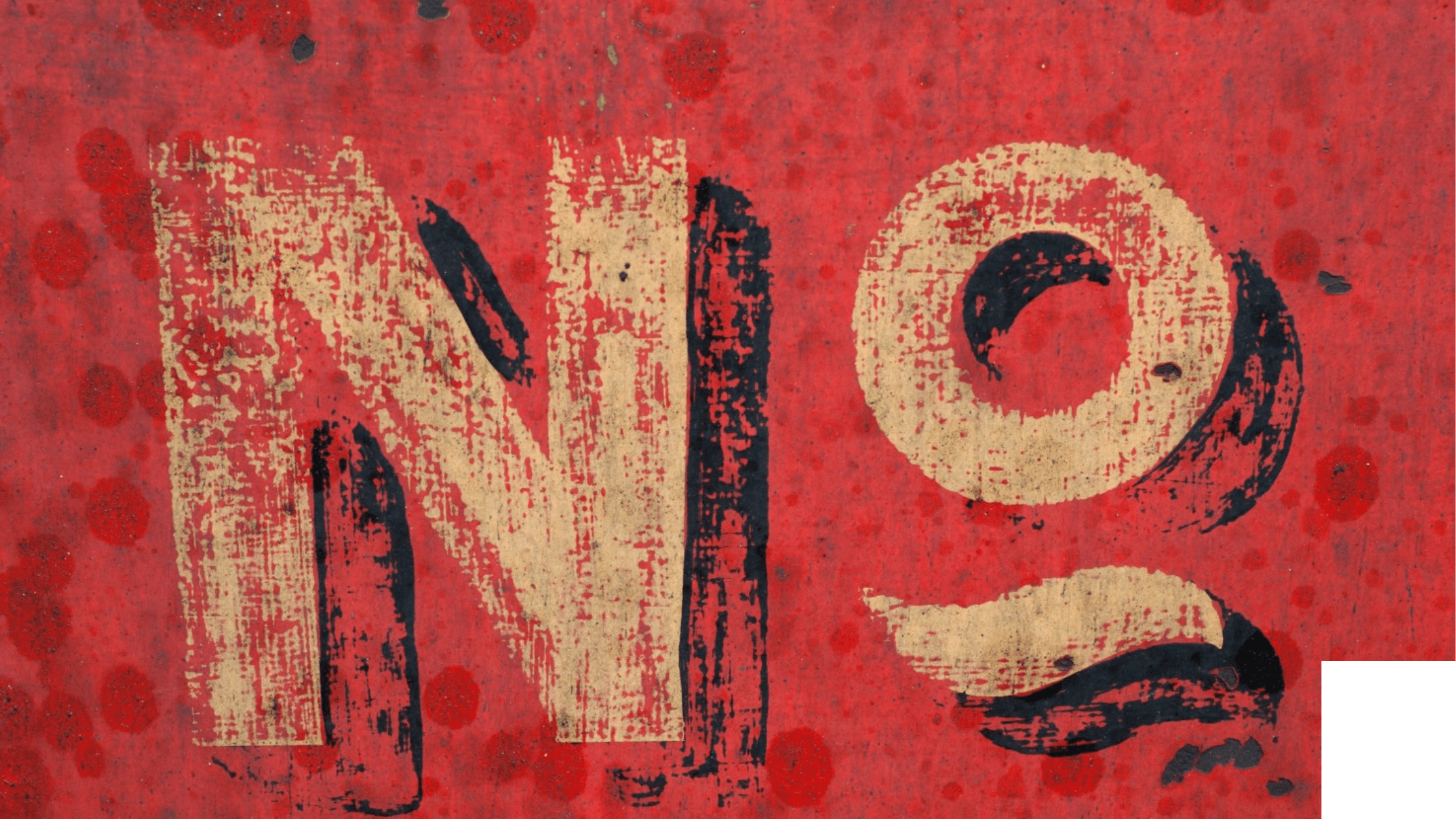I started my entrepreneurial journey close to 5 years back and have worked with close to 40 customers during this time frame from different parts of the world ranging from India, USA, Australia, South Africa, Sweden, Luxembourg, Italy and more.
I’ve always been writing to help fellow entrepreneurs with their business, startups, and products but I guess the most critical part of a business is to say NO.
And let’s start with the focus of every business there is — customers!
Before I begin, I would like to point out as to what would constitute a bad customer. While the definition could be different for different people and companies, I would like to broadly identify a customer as bad if they check more boxes than needed below
- Treats you/your team/your product with disrespect (Just because they pay you doesn’t mean they own you)
- Doesn’t value the contribution you/your product brings to the table
- Won’t recommend you/your services to others despite the work you might have done so far
- Expects unreasonable features/output (usually in unreasonable timelines)
- Delays payments and/or pays too little but behaves as if it’s the other way around
Sometimes such customers can be a learning experience with which you can grow and evolve and sometimes they set you back from potential growth.
So, here are the five things, a bad customer can have on your company:
- Decrease in Productivity: In our early days at SoluteLabs, since we were a small team — each customer would represent a big chunk of a revenue pie, and each delayed payment (or worse — non-payment) would result in us biting our nails. Instead of focusing on what better can we do for the client, our focus (founders) went on to how to make ends meet
- Breeds Negativity: Any customer who undermines you or your team impacts your team sentiment, their productivity and even can lead to attrition. In the end, customer’s heat trickles down from the top to the bottom
- Loss of New Ideas: The reason why customers come back or refer others is that they love what brings to the table in the form of ideas and small innovations that genuinely differentiate a product in the long run.
- Growth Deceleration: A company’s growth could be measured in many terms, some do it by revenue, by profit, by consumers, or by the size of projects undertaken. Unless a company has extra funds to invest in itself, it inevitably fails to grow sustainably.
- Attrition: Employees leave when they are demotivated either due to work or financial stress (which can happen if the client isn’t paying up on time). A lot of costs are associated with employee attrition including finding, training and inducting a new team member.
Having said that, until you see the downs, you really cannot see the ups. Learn while you have the chance and learn to see the red flags before you get too comfortable with the customer.






